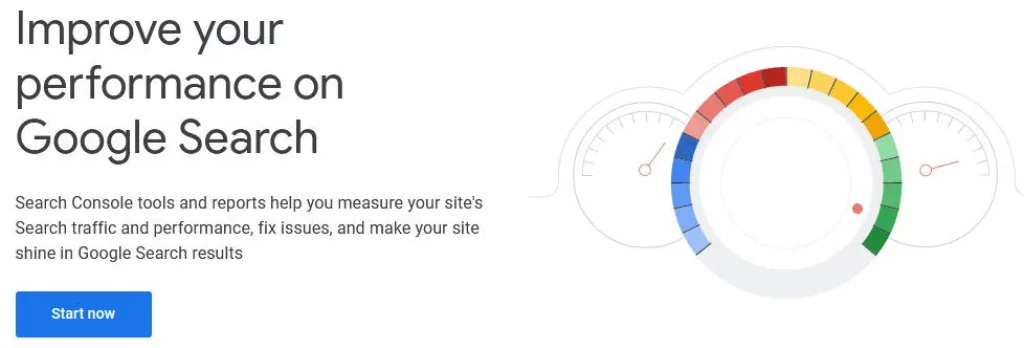
In a recent interview, Google's Gary Illyes emphasized the importance of understanding what constitutes trustworthy signals for search engine optimization (SEO). Illyes highlighted that SEO-controlled markup and authorship signals are not reliable indicators of a webpage's quality, as they can be easily manipulated by site owners and SEOs.
Illyes explained that any markup controlled by SEOs and site owners tends to become spammy, making it an untrustworthy signal. This includes metadata such as titles and meta descriptions, which are often crafted specifically to rank for keywords. He emphasized that these signals are not directives but rather hints, and Google may choose to ignore them if they appear manipulative.
The concept of authorship signals has been a fixation for some SEOs, who believe that Google values author profiles and metadata as ranking signals. However, Illyes clarified that this idea is not encouraged by Google and is instead a creation of the SEO community.
Illyes also discussed the idea of algorithmically determined authorship signals, which he believes lack value. He stated that even if these signals were more accurate, he does not see the value in them. This may come as a disappointment to SEOs and site owners who have invested significant time in updating their web pages to improve their authorship data.
The quality of content is a key factor in a successful SEO strategy. With Google's recent Helpful Content Update, the focus has shifted to ensuring that content meets the needs of searchers. If content does not match the intent of the searcher, Google will not award it with rich results.
Structured data has seen significant developments in recent years, particularly in product search results. Google has expanded the eligibility for Merchant Listing Experiences with Product Structured Data, and the usage of structured data has increased, reflecting its growing importance in Google's search environment.

To succeed in SEO, it is essential to prioritize structured data as part of the strategy. This includes maintaining thorough markup, aligning content with required and recommended structured data properties, and ensuring that content matches the intent of search queries.
While authorship may not be a direct ranking signal, it can still enhance the user experience and build trust. Adding an author to blog content can be a small step that makes a significant difference.
Google's investment in identifying authors began in 2007 with the filing of their agent rank patent. The patent outlined a scheme for “digital signatures” connecting an author to a piece of content, which could be used as a ranking signal. However, Google eventually ended its experiment with showing author rich snippets in search results.
Meta descriptions are often misunderstood as a ranking factor, but they do not hold water as a signal. They are easily manipulable, and Google has consistently stated that they do not use meta descriptions as a ranking signal. Instead, meta descriptions are important for improving click-through rates, differentiating content, and providing brand exposure.
In conclusion, Google's stance on SEO-controlled markup, authorship signals, and metadata manipulation is clear: these signals are not trustworthy and can be easily manipulated. Instead, the focus should be on creating high-quality content that meets the needs of searchers and aligns with Google's required and recommended structured data properties. By prioritizing structured data and quality content, SEOs and site owners can ensure a successful SEO strategy that drives clicks and conversions.






